In our last article, we asked if you were ready to find a way to make sense of your organisation in a world that is getting more and more complex. You may well have heard of the acronym VUCA that is used by the military to describe modern warfare. More and more, VUCA is being used to describe current organisational life - Volatile, Uncertain, Complex and Ambiguous.
The most effective way we know of to make sense of a VUCA world and organisational life, is through the lens of the Integral Framework. This framework originates in the work of Ken Wilber, an American philosopher, educator and commentator whose thinking has been widely published in many languages. The core of Integral philosophy is simple (but not easy): every aspect of human knowledge, ever discovered, has some important piece of truth.
Everything is true, but only partially so, including the Integral Framework. Indeed, some aspects of human experience are radically ‘wrong’, but still have something to teach us. In other words, there must be a way to make sense of the grand total of all human knowledge and experience–from every culture, from every era, from every discipline.
This “big picture view” is why Integral philosophy is arguably one of the world’s most comprehensive ways of thinking about human evolution, knowledge, and the world around us. Scholars have applied it to over 60 different academic fields and domains of human knowledge.
Cornerstone has adapted Wilber’s framework to organisational life and we use it as our primary sense-making tool. We go a bit further and also use the Framework as a diagnostic tool to help identify the pain points or dis-ease elements of an organisation. We then use Integral thinking to help us and our clients co-create appropriate remedies or interventions. The word ‘integral’ is significant because the framework brings together and integrates disparate theories and systems of thought into a single coherent understanding of organisational life.
The Integral Framework makes a simple yet profound observation: everything in organisational life can be looked at through one of four sense-making lenses which we have labelled as Perspective, Capability, Cultural and Systems.
These four perspectives come from two dimensions:
The horizontal axis – Internal / External
The vertical axis - Individual / Collective
From these two axes four quadrants result:
1. Perspective Mastery- the Upper Left Quadrant: the internal domain of the individual and all those things that go to make up who we are – our personal values, beliefs, mindsets, thinking capacity, just to label a few.
2. Capability Mastery- the Upper Right Quadrant: that which is external to the individual – what we can observe and see i.e., one’s skill, behaviour, experience, applied knowledge etc.
3. Cultural Mastery - the Lower Left Quadrant: the internal domain of the collective – the team, division, organisation which is the realm of shared purpose & values, relationships and trust.
4. Systems Mastery - the Lower Right Quadrant: that which is external to the collective – business strategy and KPIs, processes, systems, market dynamics
As we said in a recent blog Being Clear Right Up Front the Integral Framework has the power to encompass all the ideas, theories and models of the business and leadership development world and unite them in a meta framework. What this allows a leader and a business to do is to masterfully diagnose, select and apply the right model at the right time in the right place for the right reason to the right person to get the right result...think of it like acupuncture for your organisation.
In our next article, we’ll start unpacking each quadrant and share some stories that bring this to life.
In the meantime, we’d welcome your perspective on this as well as any questions you may have. Enter these here and we’ll get back to you pronto.
The previous article in this series is here


